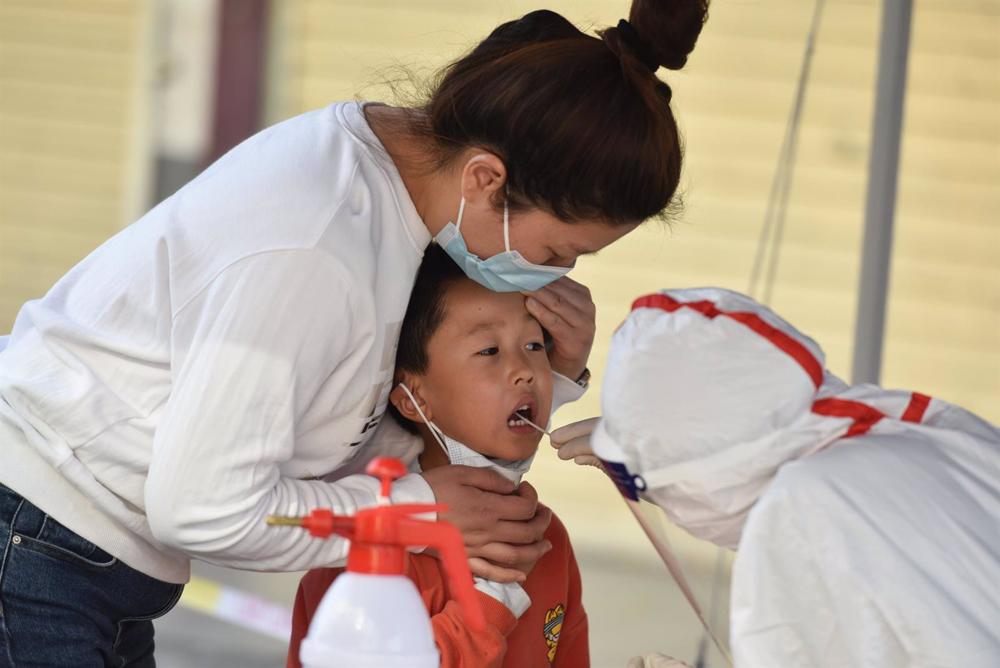
The European Commission has acknowledged that the increase of COVID-19 cases in China is «alarming» and «perhaps sooner rather than later» it will be necessary to introduce new control measures, although for now it has urged Member States to increase surveillance patterns, for example by sequencing samples to detect new variants or testing wastewater, especially from airports.
This has been raised by the European Commissioner for Health, Stella Kyriakides, in a letter sent to the Health Ministers of the Twenty-seven and in which she insists that Brussels is «closely» monitoring the evolution of events, something that was already evident on Thursday with an extraordinary meeting of the Health Security Committee.
Not surprisingly, he admits that data from China are «quite scarce» and the level of vaccination in this country is «low», both aspects that have already led several countries to take measures on their own. Within the EU, Spain has joined Italy this Friday, which already took a first step on Wednesday.
The Commissioner assumes that it is necessary to be «prepared», although for now there is no common measure. From Thursday’s meeting, however, a «broad consensus» would have emerged that Member States must act in a coordinated manner so that the measures that can be adopted are effective, reads the letter to which Europa Press has had access.
As «immediate» initiatives, Kyriakides proposes sequencing samples to be able to detect new variants — the Italian authorities, pioneers in the adoption of measures, have not detected them so far. If an unknown variant were to appear, it would be necessary to «react quickly,» he adds.
The European Centre for Disease Prevention and Control (ECDC) reiterated Friday that the variants currently present in China «are already circulating in the EU», so in principle the appearance of more cases would not endanger the «immune response» that European citizens already have.
OTHER RECOMMENDATIONS The European Commission advocates to start or maintain the analysis of residential water, especially in «key» airports, while «in the coming days» is expected to update the travel recommendations for China, especially in view of the January 8 elimination of mandatory quarantines in the Asian giant.
The ECDC agrees that, in the coming weeks, there will be increased pressure on China’s healthcare system, «due to the low immunity of the population and the relaxation of non-pharmacological interventions».
Source: (EUROPA PRESS)






